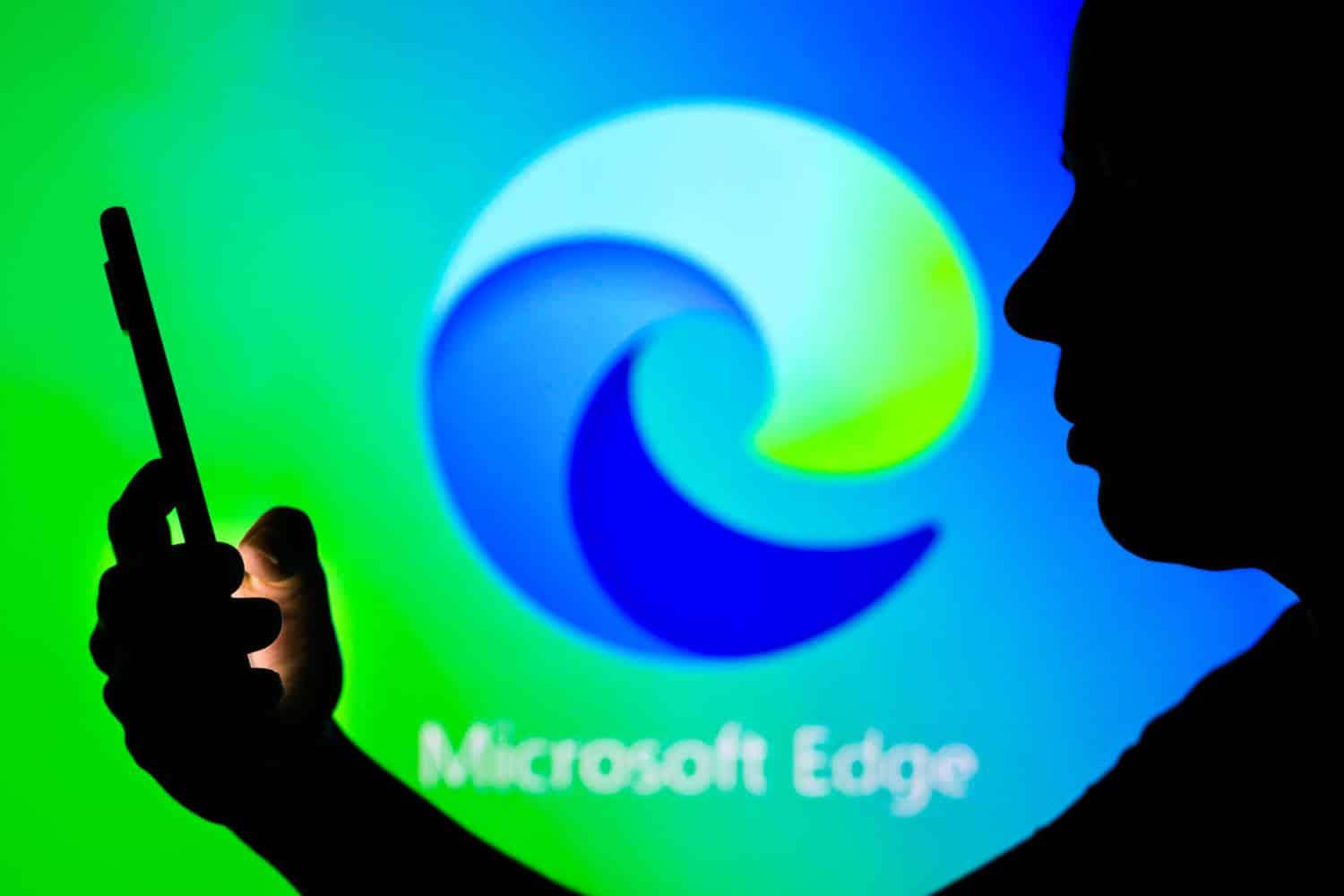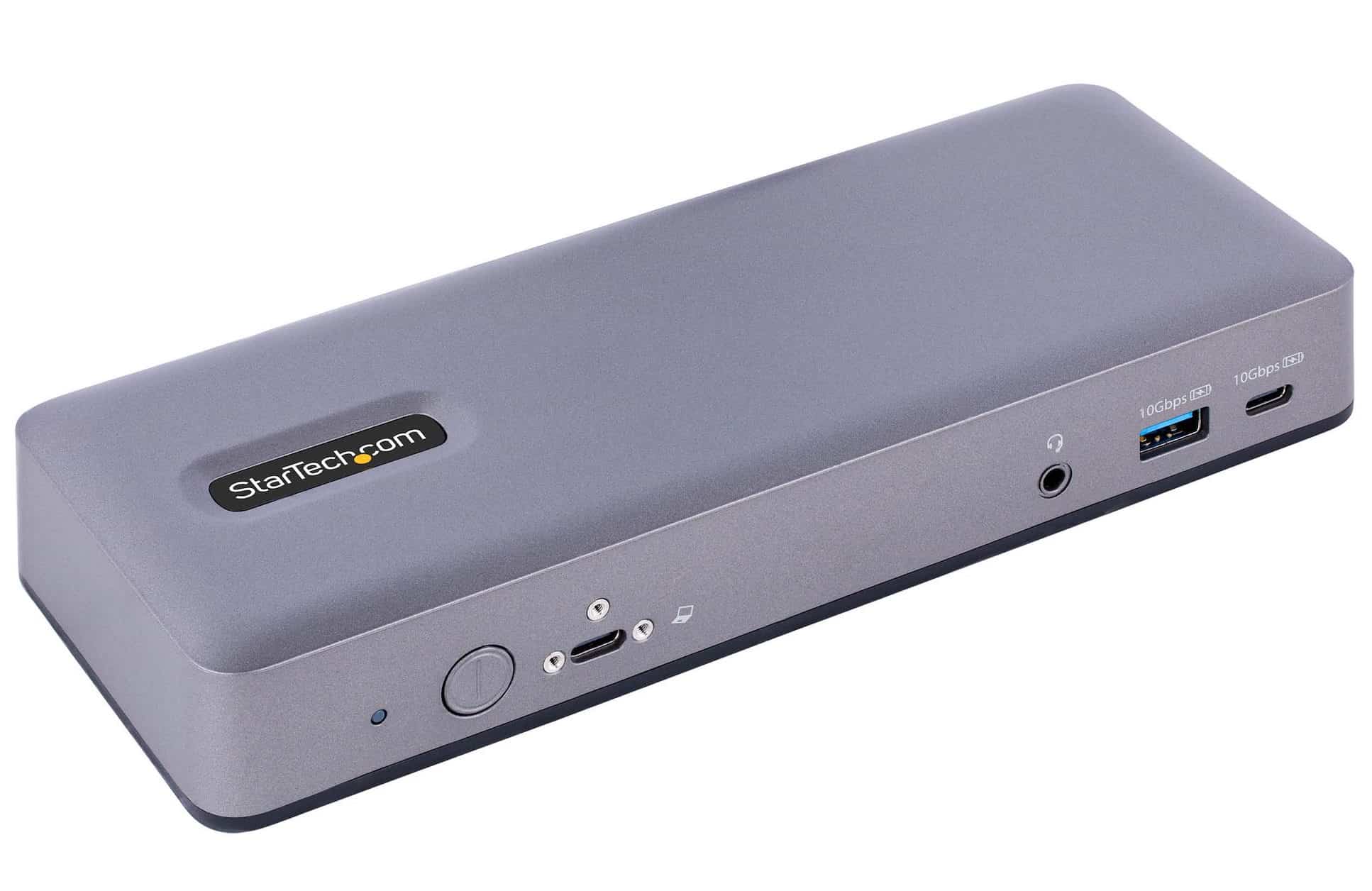
Google is gearing up for the general availability of Privacy Sandbox APIs in Chrome
Google has been busy working on Privacy Sandbox for some time, and now the company is ready to unleash some of its tools on the public.
Starting with Chrome 115, Google says that it will be making the Privacy Sandbox relevance and measurement APIs available to all users of the browser. The move gives developers a better chance to work with the APIs, and is part of Google’s drive to deprecating third-party cookies in Chrome in the second half of next year.

Microsoft seemingly used a Windows update to interfere with Chrome's 'Make Default' button to push its own Edge browser
Microsoft is no stranger to adopting tactics that are seen by many as being sneaky and underhand -- and now the company has been caught at it again.
Last year, Google made it much easier to change the default web browser to -- surprise, surprise -- Chrome, by introducing a new Make Default button. This one-click option served as a user-friendly alternative to the complicated process Microsoft put in place for changing browsers. But with the release of the KB5025221 update, it seems that Microsoft decided to break this handy feature.

Google is changing the lock icon in Chrome because it believes 'security should be the default state'
Visit a secure website (that is, one that loads over HTTPS) in Chrome, and you'll see a lock icon in the address bar. But this is set to change. Google has announced plans to remove the familiar padlock icon, providing a number of reasons for a decision that many users will regard as a step in the wrong direction.
Among the arguments in favor of removing the icon is that HTTPS is the norm rather than the exception, and that the simple fact a site uses a secure connection is in no way indicative of its inherent trustworthiness.

Google is giving users more control over tab-sleeping Memory Saver feature in Chrome
Google Chrome has a long-held -- and much-deserved -- reputation for being a resource hog. To help counter this the company recently introduced Memory Saver, a feature that reduces the browser's memory consumption by putting inactive tabs to sleep.
This was an addition that went down well with most users, but there were some who were unhappy with the lack of control they had over the feature. This is about to change, with Google working to introduce new settings to gives users more option when it comes to memory management.

Install this emergency update from Google to patch an actively exploited Chrome security flaw
Google has issued an emergency update for Chrome which should be installed as soon as possible to plug a vulnerability known to be under active exploitation. The update is available for Windows, macOS and Linux.
In releasing Chrome v112.0.5615.121 for desktop to the stable channel, Google addresses the high severity CVE-2023-2033 as well as issuing other fixes. Described as a "type confusion in V8 in Google Chrome", CVE-2023-2033 is being exploited in the wild, hence the need for the emergency patch.

Google kills off the Chrome Cleanup Tool for Windows
With the release of Chrome 111, Google is waving goodbye to the Chrome Cleanup Tool that has been available for a number of years.
After 8 years of service, Google has decided the Chrome Cleanup Tool -- which, the company explains, helps users to "recover from unexpected settings changes, and to detect and remove unwanted software" -- is simply no longer needed.

Google is working on a feature that reveals how much memory each Chrome tab is using
Having already taken steps to kill off Chrome's reputation as a massive resource hog, Google is now working on a way of showing just how memory is being used by the browser.
The company recently started to roll out a new Memory Saver feature which does very much what the name suggests, and now it seem there are plans in the pipeline to be more transparent about just how much memory each open tab is using.

Google is giving Chrome a new Password Manager -- here's how to enable it
For anyone who struggles to remember the growing list of endlessly complicated passwords needed to gain access to the plethora of online accounts we all now have, a password manager is near-essential. Chrome, like many of the web browsers, has long-featured a tool for storing and automatically entering passwords, and now Google is giving it a much-needed upgrade.
Until now, Chrome's password manager has been functional, but far from being adorned with bells and whistles. Now Google is giving it a new user interface as well as an important injection of new features.

Google is rolling out Memory Saver and Energy Saver features to Chrome users
Chrome may be one of the most widely used web browsers in the world, but along the way it has managed to earn itself a reputation for being something of a bloated resource hog. Now, weeks after initially announcing them, Google is rolling out a pair of new features to help address the problem.
Energy Saver and Memory Saver do very much what their names suggest, helping to reducing battery consumption and memory usage with a range of techniques. Available in Chrome 110, both features can be customized to your liking.

Future versions of Chrome will allow browser extensions to be disabled on a site-by-site basis
In a future update to Chrome, Google will give users the option of having extensions enabled or disabled on a site-by site basis.
This is an option that some browser extensions -- notably ad-blockers -- feature as standard, but the update will expand this so it applies to all add-ons. With a few clicks it will be possible to quickly disable all extensions for a particular site for the purposes of compatibility, privacy or performance.

Google brings passkey support to Chrome so you can ditch passwords
Passwords are a problem. They are difficult to remember, often easily guessed or cracked, and generally just a pain. Google is looking to help by adding secure, password-free login to Chrome 108 thanks to newly added passkey support.
The security feature is available to users of Windows 11, macOS and Android, and it follows a short period of beta testing. Backed by the likes of the FIDO Alliance, Microsoft, Apple, and -- of course -- Google, passkeys are a step away from the password managers so many of us have become reliant on.

Google is making Chrome far less greedy
With 2023 just around the corner, thoughts may well be turning to New Year's resolutions -- and that certainly seems to be the case for Chrome. Just as many people use the arrival of a new year as a reason to go on a diet, so Google is making its web browser less greedy.
Chrome has earned itself something of a reputation for being incredibly resource-hungry, and Google is now ready to address what amounts to a serious problem for many people. What does this mean in practice? Google is reducing Chrome memory and power consumption thanks to Energy Saver and Memory Saver.

Google now lets you search tabs, bookmarks and browsing history from the address bar in Chrome
Google is, of course, best known for its search engine but in a significant update to Chrome, the company has introduced a powerful new way to search tabs, bookmarks and browsing history in the browser.
It has been possible to conduct each of these types of search for some time, but now Google has simplified things dramatically. The change means that Chrome's address bar can now be used for much more than just to search the web; all it takes is the addition of an @.

StarTech.com DK31C3MNCR is a premium USB-C Docking Station for Chromebooks
A Chromebook is a laptop running Google's Linux-based ChromeOS operating system. However, when you connect such a notebook to a monitor, keyboard, and mouse, it becomes a makeshift desktop computer.
The most elegant way to transform a laptop into a desktop is with a USB-C docking station. But how can you be sure your Chromebook is compatible? Well, if the dock is officially certified as "Works With Chromebook," then you can be assured that it will work flawlessly.

Google Chrome will no longer be supported on these Microsoft Windows versions
Google Chrome is a great web browser for many reasons, including its cross-platform nature. You can run Ubuntu Linux, macOS, Windows, and Android, for instance, and use the same Chrome web browser on all of those operating systems. Thanks to cloud data syncing, you can have a seamless experience too.
With the upcoming Google Chrome 110, however, there will be two fewer operating systems supported. You see, early next year, Google will be dropping support for its web browser on both Windows 7 and 8.1. In other words, if you use Microsoft's desktop operating system, you will need to be on Windows 10 or 11.
